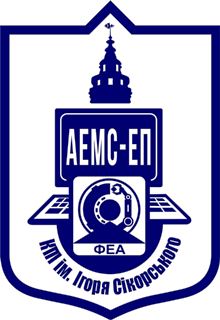Advanced methods of control of electromechanical objects provide better efficiency of coordinate control only at known values of certain parameters of the mathematical model of the object. However, the parameters of real objects, such as the active resistances of the windings of electrical machines, the frequency of the electrical network, etc. in practice can vary quite widely. This leads to a deterioration in the quality of management, and thus to a decrease in the efficiency of the system as a whole.
There is also the problem of immeasurability of some physical quantities such as the electromechanical moment on the motor shaft, flux coupling or magnetic fluxes in electrical machines, which are key to good control of the object. This problem is helped by adaptive system observers, which are synthesized based on a mathematical description of the object.
Among the means to counteract these negative phenomena is the use of robust (rough) to variations of a certain parameter of control algorithms, as well as the use of adaptive algorithms – those that adapt to changes in the parameters.
The course introduces students to the theoretical foundations of adaptive and robust control in the part that can be used in modern electromechanical automation systems. The study, including independent, of fundamental decisions on adaptive control systems of coordinates of modern electric drives is provided. Students must master modern methods of stability research, synthesis of control algorithms and modeling research.
The aim of the course work is to implement the methods of robust systems for controlling industrial works in the problems of working out of given trajectories of motion, which are constructed by solving the direct and inverse problem of kinematics by the method of Denavit-Hartenberg. The robustness of control algorithms is to be investigated by simulation the system in the tracking operation of the coordinates of the working body taking into account point the uncertainty points.










